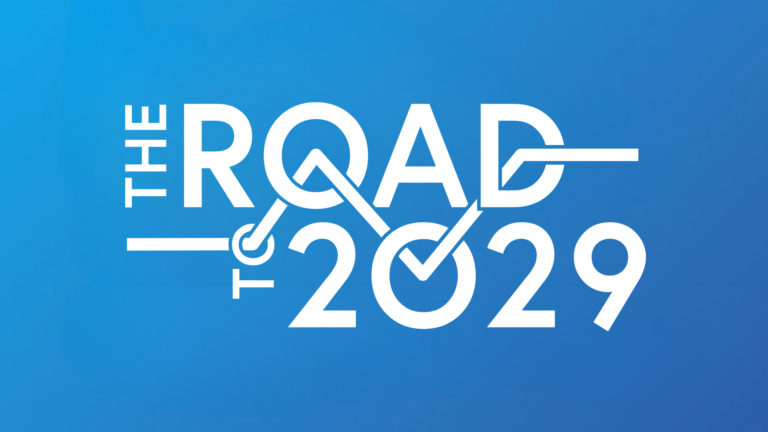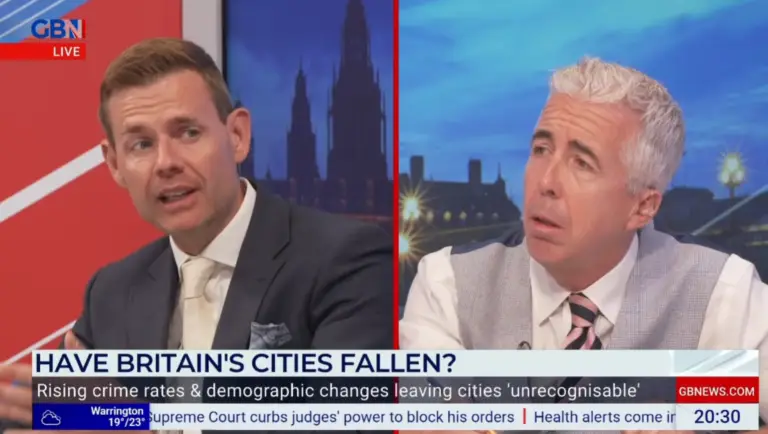Healthcomms Consulting’s Ben Rowden discusses how COVID-19 might yet cause a more divided Parliament and unleash new regional alliances.
The past few years of British politics has not been the smoothest of rides; three elections in the space of four years and a divisive referendum has made the Palace of Westminster more often seem like a merry-go-round rather than a sensible place of work. Ironically, during this period only one party has been in power. In theory, it should have been an easier time. Many believed the 2019 election changed this. Parliament seemed to find stability in the knowledge that until 2024 there would be an 80 seat, Brexit-backing, Conservative majority. The stage was set for a Conservative dominated Parliament to ‘get Brexit done’ and move on to an infrastructure heavy ‘levelling up’ agenda. Seats from Grimsby to Sevenoaks had united in their shared desire to simply move on. The Prime Minister was ready to lead a ‘one nation’ Government of stability and vision.
Politics is, however, never stationary. COVID-19 has thrown the entire world upside down; shifting the way we work, socialise, learn and engage with civic society. Politics is not immune from such change and politicians would be unwise to think it is. Whilst it is rarely a good idea to make grand predictions in politics, it is worth considering how COVID-19, along with wider temporal forces and shifts may create an unstable, erratic Parliament. For public affairs and policy professionals, it is worth taking a lesson or two from history to consider how this current Parliament might turn on its head.
COVID-19 is the greatest challenge that the UK, has faced since the end of WWII. It makes sense to start here when considering how quickly an 80 seat majority Parliament could quickly become unstable again. First, a lesson from history; pandemics and Government interventions on a huge scale change the relationship between citizen and the state.
The National Health Service came out of the rubble of WWII for a reason – the sacrifices of a nation needed to be rewarded. Furthermore, it is worth remembering that despite leading a country through a war Winston Churchill was not rewarded with re-election, but defeated by the humble Clem Attlee in a Labour landslide. When the Prime Minister likened the effort against COVID-19 to the war effort he would have done well to consider that bold leadership alone is not enough to convince the public, or those on your own backbenches, that you are worthy to stay in post. Solid policy proposals and radical ideas will win the day.
Indeed, Mr Johnson is not shy of suggesting radical or bold ideas. When he won a landslide in 2019, he spoke with pride of how his party had appealed to voters from both the richest and poorest parts of the country. He talked of how he would earn voters trust through a grand ‘levelling up’ of the nation. The roadmap was a simple one; end the Brexit debate and move forwards with a one nation approach.
Yet, COVID-19 had very different ideas. The pandemic may have plunged the entire nation into lockdown and crisis, with few sectors being unscathed, yet the country will not move out of the crisis as one. Already there are examples of growing regional, socio-economic and health inequalities.
This is where the Prime Minister’s strength becomes his weakness. Mr Johnson will be unable to save every job, level up every community or improve every public service. He will have to compromise. How will the PM appease both northern ‘red wall’ Tory MPs calling out for large infrastructure spending and more traditional Conservative seats seeking to balance the budget or a continuation of support for the London economy? Compromise is unlikely to go down well with voters who have sacrificed so much, whether they be in Grimsby or Sevenoaks. A rat race for support will open up and that will filter through to representatives.
The result of this? A divided Conservative Party in power. A ‘one nation’ party stuck in an increasingly regionalised political discourse.
Expect to see party alliances stretched as regional alliances form. COVID-19 has exposed massive differences across the devolved regions, showcasing real differences in approach. It’s not entirely implausible that MPs too will start to work more collaboratively on a regional basis to fight for regional services and regional funding. In healthcare, the creation of Integrated Care Systems may well only further contribute to the formation of regionalised mind-sets on the green benches. In the post COVID-19 world of compromises, few MPs will want to find themselves explaining why their area is receiving a lesser slice of the pie.
2019 may have resolved the Brexit division in Parliament but COVID-19 has exposed strong regional differences for all to see. Embracing regional leadership and political stakeholders will be key to guiding successful policy over this Parliament.
Buckle up for the COVID-19 Parliament – a ‘global Britain’ Government might yet have to navigate a ‘regional Britain’ Parliament first.



